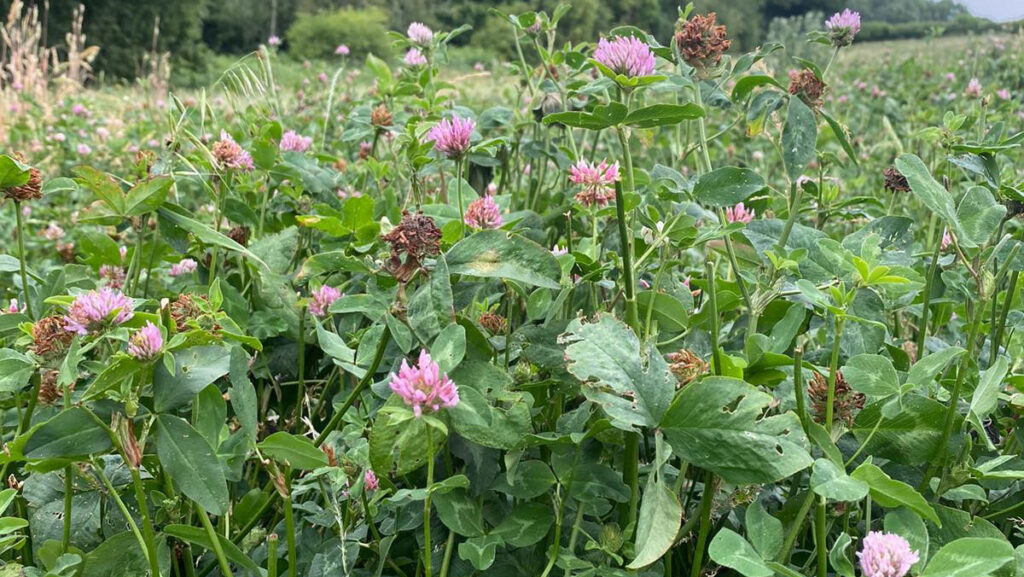Concern over growing complexity of SFI in England
 © Louise Impey
© Louise Impey Farm advisers have expressed their mounting concern at the complexity of the Sustainable Farming Incentive (SFI) in England. following the latest raft of changes announced by Defra.
The updates come just days after Defra farming minister Daniel Zeichner promised more stability under the Labour government, having criticised the constant “chopping and changing” of scheme details by the previous Tory administration.
See also: Defra announces further changes to the SFI 2024 scheme
The latest terms and conditions for all 102 actions available under SFI were posted on Defra’s website on Monday, 5 August.
The guidance now runs to 427 pages, with any amends to previous versions dotted throughout the document.
Dan Jones, farming consultant at Strutt & Parker, said: “The scheme has been significantly improved since its 2022 pilot, but its increasing complexity is likely to be a barrier for some farmers.
“The process of navigating through which options to pick – particularly when some of them are quite similar, but come with different payment rates – is challenging.”
Steph Emmerson of the Farm Consultancy Group agrees: “SFI is becoming more and more complex, not only in drawing up the schemes, but also in submitting the applications on the portal,” she said.
Changes
One of the most notable changes in the latest iteration of SFI is the removal of the ability for agreement holders to upgrade their current agreements on the anniversary date each year if they want to add new actions.
“You can still increase or decrease areas if you’ve got a rotational option,” said NFU senior countryside adviser Claire Robinson.
“But if you want to add any new elements, you will need to apply for a new agreement. I’m not sure that farmers actually want to have multiple agreements.”
Another change has been made in respect of the legume fallow option, worth some £593/ha a year.
Under SFI 2023, this was treated as “rotational”, so could be moved from field to field each year. When the SFI 2024 guidance was revealed in May, it appeared that this would become a “static action”, limited to the same area of land for the three-year agreement.
This week, Defra confirmed that in future, it may be either rotational or static.
“It is still quite difficult for farmers to understand which actions they can do, and that concerns me,” said Ms Robinson.
Capital grants
Defra has also extended the list of capital grants available under the various agri-environment schemes, with an emphasis on tree planting.
For example, it is offering £5.40 to plant an agroforestry woodland tree, and £17.83 for an agroforestry fruit tree. Some £1,268 is also available to develop an agroforestry plan, and £918 for a moorland mapping plan.
The updates came as Defra announced that the first 70 agreements under the SFI 2024 went live on 1 August. NFU deputy president David Exwood described this as “a good step” on the path to restoring confidence among British farmers.
But there is dismay that Defra is persisting with its “controlled rollout” approach, having previously indicated it would move to an open application process from 22 July.
Anyone wanting to join the SFI still has to first register an “expression of interest” with the Rural Payments Agency, before being “invited” to apply.
So far, there have been more than 5,300 enquiries, and more than 600 applications received.
